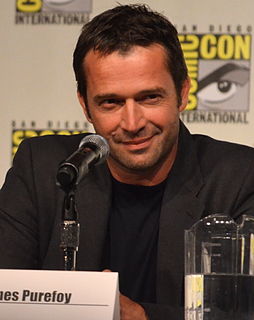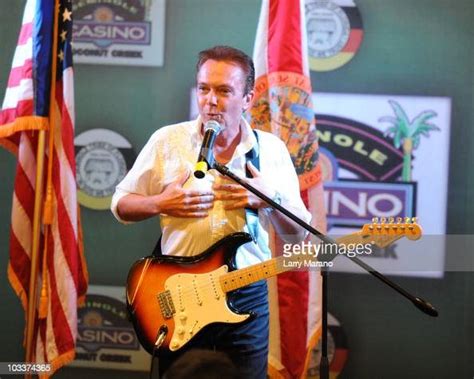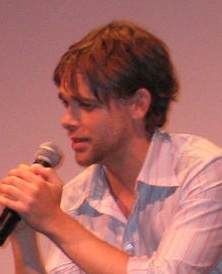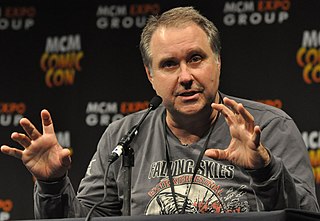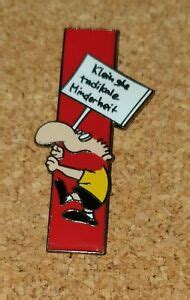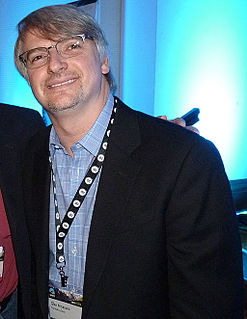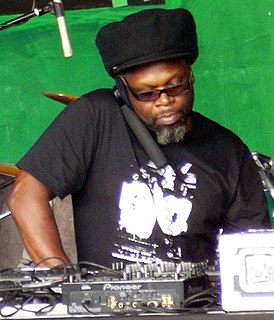A Quote by James Purefoy
I was fortunate enough to do an HBO show, 'Rome,' in which my arc was built in by historical fact, and over the course of 22 episodes, we were able to tell the stories of these people. We had a beginning and middle and end, and as we went on, you changed every week.
Related Quotes
Back in the 1500s, the culture that we had built in the West embraced multigenerational projects quite easily. Notre Dame. Massive cathedrals were not built over the course of a few years, they were built over a few generations. People who started building them knew they wouldn't be finished until their grandson was born.
I was on a show called '12 Miles of Bad Road' with Lily Tomlin - it was an incredible HBO show. We shot 6 episodes, previewed it before the finale of 'The Sopranos;' it was written up as a 'Great New Show on HBO,' and then the whole thing was canned. Gone. Disappeared. That's when I realized anything can happen in this business.
I feel confident that we will have a beginning, middle and end, in this season, and it was wise of NBC to then call it what it really is, which is a mini-series. "24" is a really good example, in that there was a definitive beginning, middle and end for the first season. They had a slightly different format than we have, but the second season just retained Jack Bauer and a few other players, with the same basic format and idea, but it was a completely different show.
Man no longer lives in the beginning--he has lost the beginning. Now he finds he is in the middle, knowing neither the end nor the beginning, and yet knowing that he is in the middle, coming from the beginning and going towards the end. He sees that his life is determined by these two facets, of which he knows only that he does not know them
I let myself go at the beginning and write with an easy mind, but by the time I get to the middle I begin to grow timid and to fear my story will be too long. . .That is why the beginning of my stories is always very promising and looks as though I were starting on a novel, and the middle is huddled and timid, and the end is...like fireworks.
There are very few horror shows, where you have a long running arc. Most horror shows play as a sort of an anthology. Buffy - a terrific show - had the-demon-of-the-week. Twilight Zone - X Files - these things had an anthology approach. Our show is a long running drama with the same creatures every week.
My radio show is actually the conclusion to my week. Which means there'll be 20% of what's happened to me during those five days, on my show. If I don't do my radio show I actually feel lost! It's like the bookends - the beginning and the end of the week and the whole thing comes together. So for me it is important.
I have often called attention to the fact that walking through the streets in the Middle Ages was a different experience from nowadays. Right and left, there were house facades that were built out of what the soul felt and thought. Every key, every lock, carried the imprint of the person who had made it.
